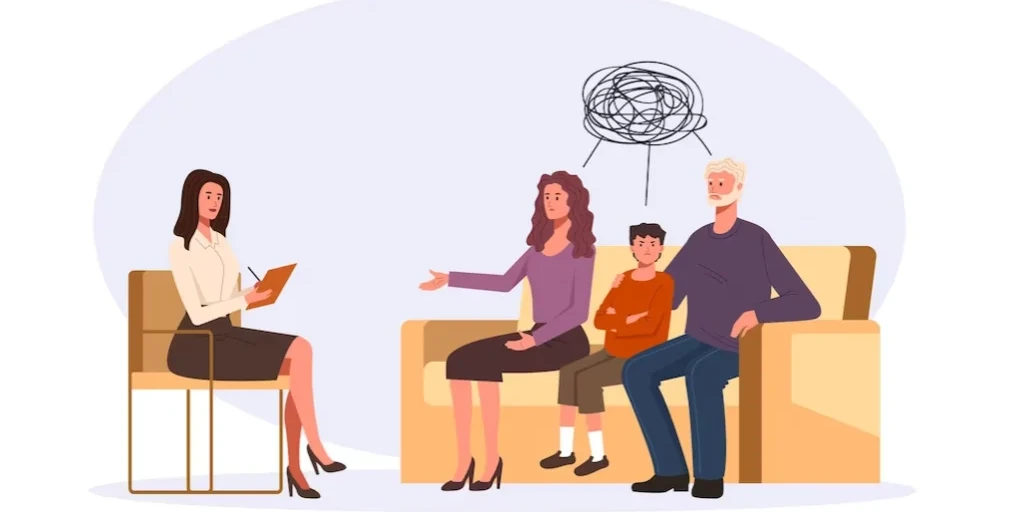24/7 Helpline:
(866) 899-221924/7 Helpline:
(866) 899-2219
Learn more about PTSD Treatment centers in Cross Plains
PTSD Treatment in Other Cities

Other Insurance Options

Health Net

UMR

Multiplan

Medical Mutual of Ohio

BlueCross

Absolute Total Care

Sliding scale payment assistance

AllWell

Access to Recovery (ATR) Voucher

Molina Healthcare

State Farm

Coventry Health Care

United Health Care

BHS | Behavioral Health Systems

Humana

Magellan Health

Optima

Kaiser Permanente

Health Partners

Ambetter






















